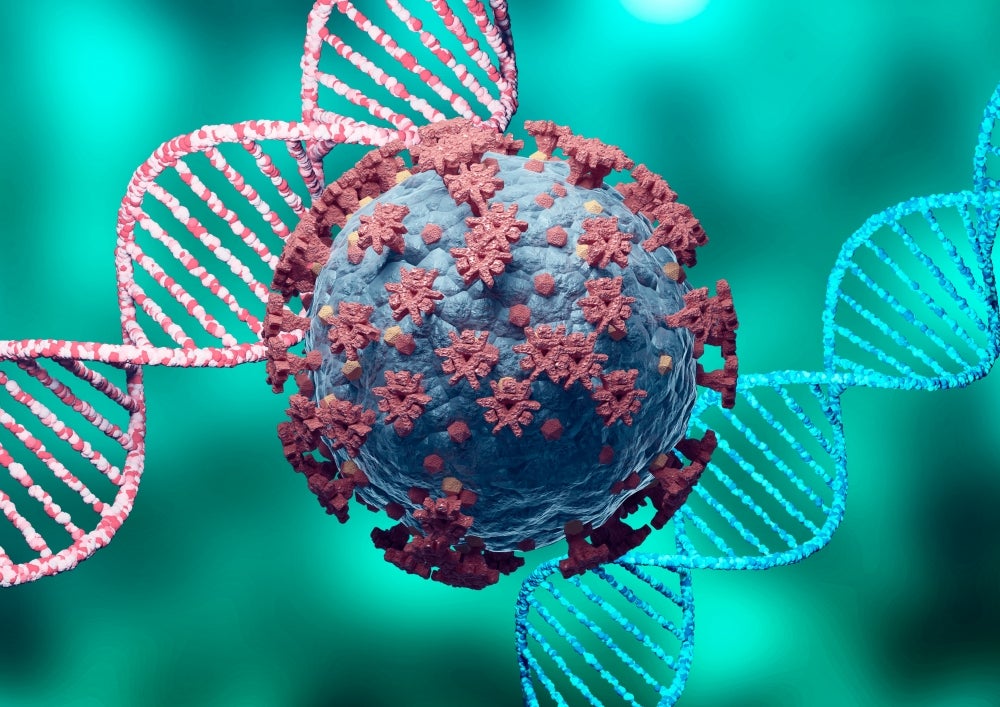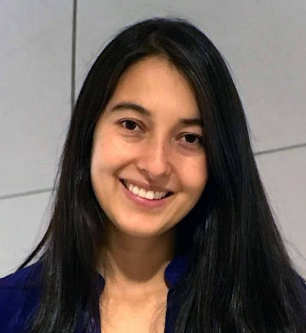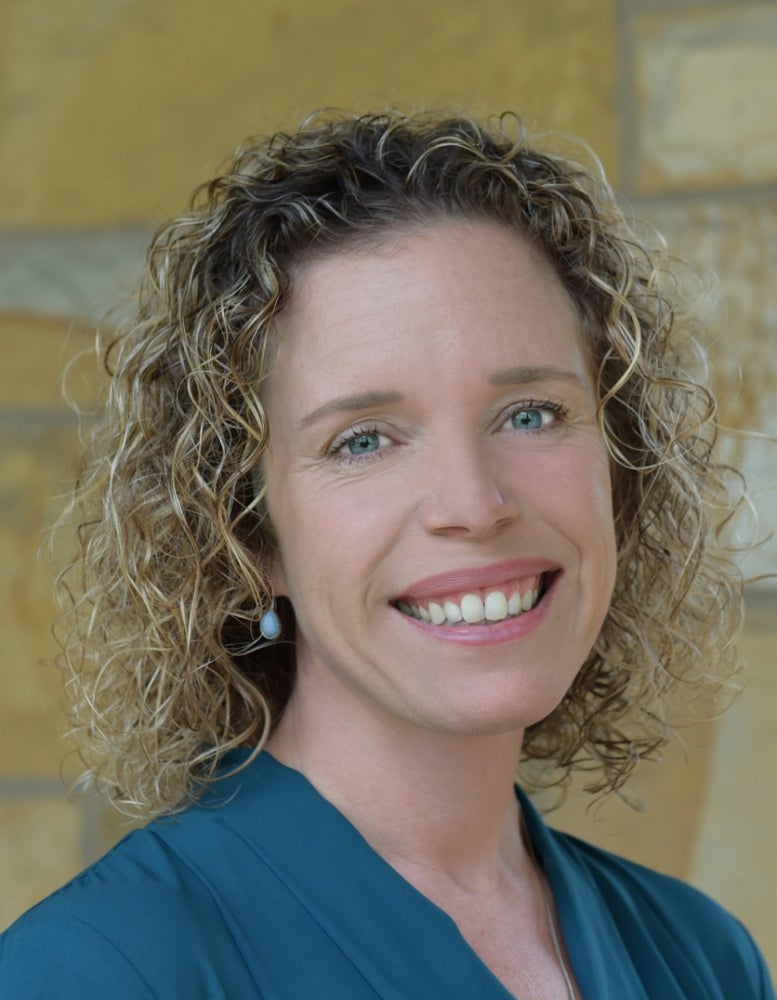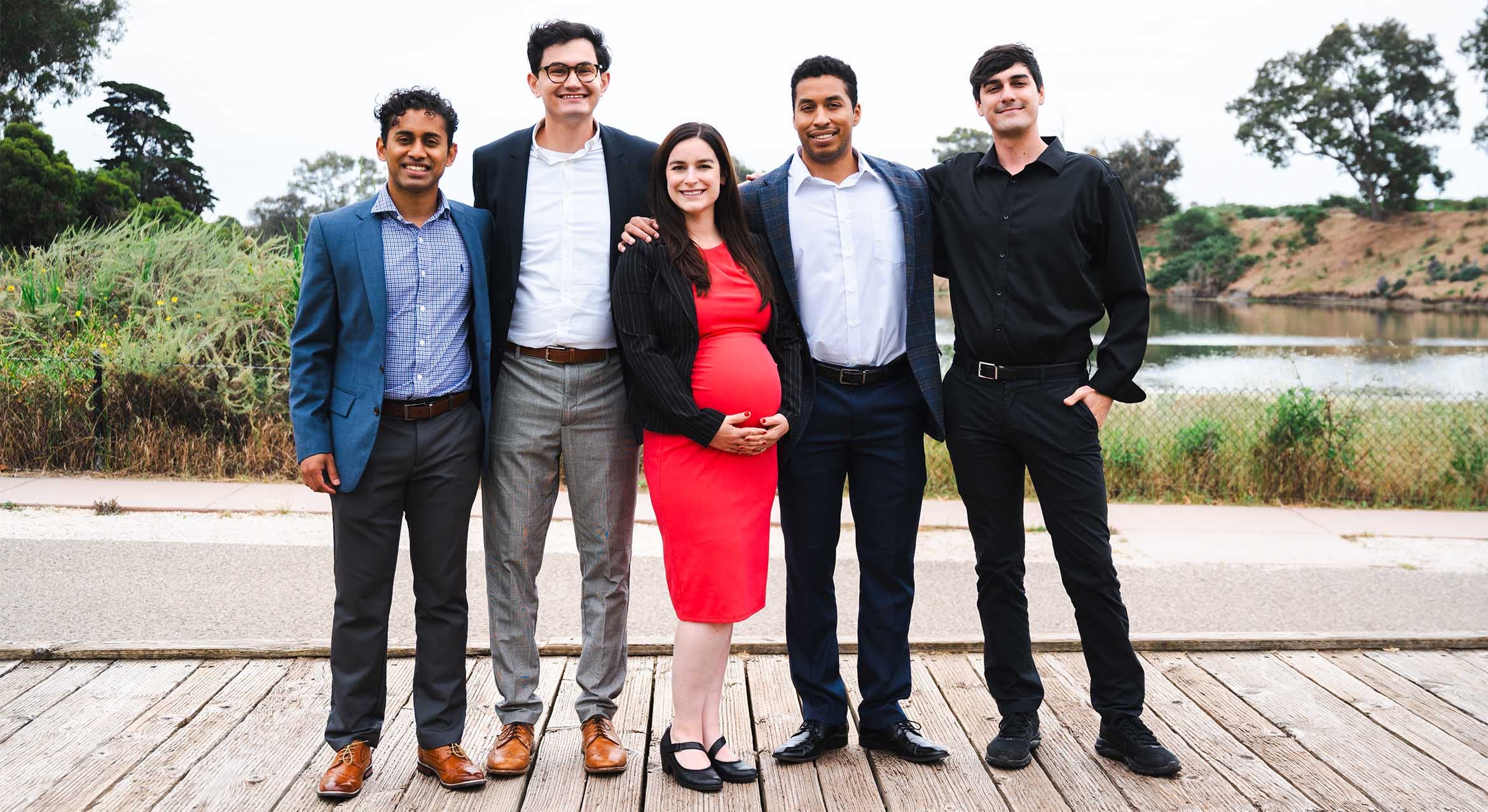
More Eyes on the Virus



In an effort to get ahead of the SARS-CoV-2 virus and its variants in Santa Barbara County, UC Santa Barbara and Cottage Health have launched parallel, collaborative COVID-19 virus variant surveillance projects. The goal is to determine which recently emerged variants of concern might be present in the local community, and to understand how their distribution changes over time.
“In addition to just basic science interest, knowing more about these variants could also influence our testing strategies, and that could also impact what you could expect about vaccine effectiveness,” said UC Santa Barbara biologist Stuart Feinstein, who is at the helm of the campus’s asymptomatic COVID-19 testing effort.
One prong of this variant monitoring effort will be focused on the UCSB community, conducted through Student Health Services alongside its normal clinical testing as well as the campus’s ongoing asymptomatic surveillance program. People scheduling a testing appointment through the Student Health Patient Portal will be given an opportunity to learn about the research project and to consent (if they wish to do so) to have a portion of the sample they provide for their test be reserved for sequencing in the event their sample tests positive.
Meanwhile the Cottage/Santa Barbara County Public Health Department effort involves a Local Variant Task Team focused on the wider Santa Barbara County community. This research project is reviewed by the Institutional Review Board at Cottage Health. According to Dr. Lynn Fitzgibbons, a Cottage Health infectious disease specialist, the research “focuses on both samples that are randomly selected as well as samples that come from cases where a new variant may be more likely, such as patients with an infection after being vaccinated, a sample taken from an outbreak setting with many cases infected quickly, or a person returning from travel to an area with high levels of variants of concern.”
Positive samples collected by both the Local Variant Task Team and by UCSB Student Health Services will be sent to UCSB virologist Carolina Arias’s laboratory for genetic sequencing and variant detection.
Variants Are Expected
Viruses mutate all the time, Arias said. It’s one of the reasons why we haven’t been able to protect against the common cold.
“The appearance of variants is expected,” she said. With every infection, viruses replicate and they can make errors during that process, she explained. “These errors cause mutations. As mutations accumulate, new viral variants with unique characteristics may emerge.”
Because COVID-19 is so widespread over such large populations, Arias said, “we’re seeing the fast evolution and selection of new variants,” prompting the need to be vigilant over what variants emerge and how they behave. A variant that becomes dominant in a community may have acquired mutations that have enabled it to somehow become more successful at infecting people, the researchers said.
Of special concern are the variants B.1.1.7 (U.K.), B.1.351 (South Africa) and P.1 (Brazil) that each have several mutations. According to the Centers for Disease Control, there is evidence that a mutation shared by all three variants enables them to spread more quickly and efficiently.
The heightened chatter around the emerging variants several weeks ago put Arias on alert.
“My Twitter feed was going crazy, my newsfeed was going crazy, my science feeds were going crazy,” she said. Not knowing whether those variants had already reached the community was “like flying blind,” she said. She and Feinstein decided that surveilling the community for these mutants was essential and put the idea to Dr. Fitzgibbons, who readily agreed.
Fortunately the medical/scientific research team had a track record of collaboration, having already worked together to pilot UCSB’s asymptomatic testing program in the summer of 2020. Within weeks their new variant programs were designed, reviewed, approved and up and running, just in time for news of a Southern California variant called CAL.20C (a.k.a. B.1.427/B.1.429) that has grown to dominate the area, appearing in more than half of all samples in Southern California by February. Currently designated a “variant of interest,” it might soon be upgraded as a “variant of concern.”
“Finding one of those variants of concern means we have to be more attentive to what is circulating,” Arias said. Her team, including postdoctoral fellow Becca Best and graduate student Zach Aralis, will be sequencing virus genomes and looking not just for the presence of the variants but also their prevalence. The medical members of the team — Cottage Health, Public Health and Student Health physicians — can use the information to tie variants to patient symptoms, outcomes and other clinical trends.
“If we were to find that a variant of concern were increasing on a large scale, or looked likely to do so, then we are in an excellent position to pivot the mRNA technology already in use to focus on the variant at hand,” Dr. Fitzgibbons said, “and the FDA has already given some guidance to help vaccine manufacturers move quickly if this were needed.” Indeed, Moderna has announced that it has just shipped a variant-specific vaccine candidate to the National Institutes of Health for Phase 1 clinical trials. The vaccine targets B.1.351, the variant found in South Africa.
It will be at least another week before the first results of genomic sequencing appear, say the researchers, who also credit UCSB Professor Nancy Collins and Melodie Blakemore from the Office of Research for greatly facilitating their ability to get the variant monitoring program operational so quickly by helping them navigate through the human subject review process “in record time while maintaining rigor and integrity.” They also noted the critical role of UCSB IT support in getting the program going.
In the meantime, Dr. Fitzgibbons offers us a reminder that the fight against COVID-19 is waged not only in the lab. It is also in ongoing prevention and vaccination efforts.
“Ultimately, we should simply remember that more information about variants is powerful and important, but that we are currently winning the fight through our community’s commitment to mask-wearing, social distancing and all the other important recommendations from our Public Health officials," she said. "Getting the vaccines to people is a critical step toward ending the pandemic.”



